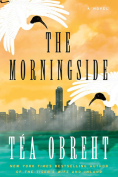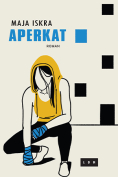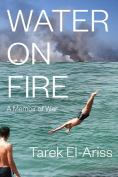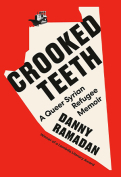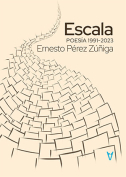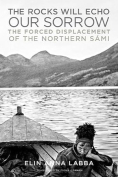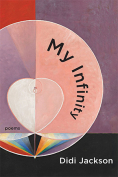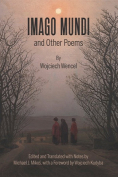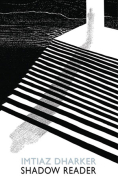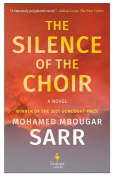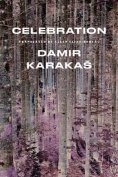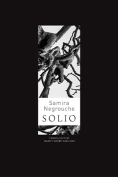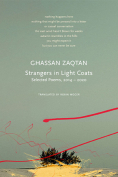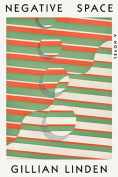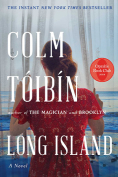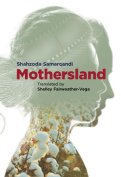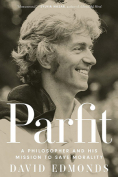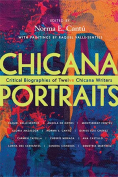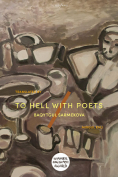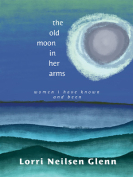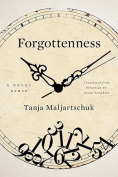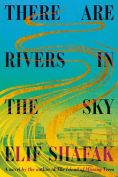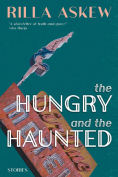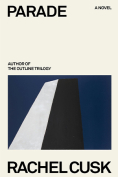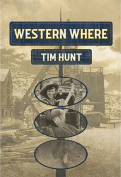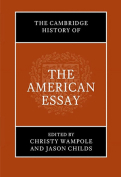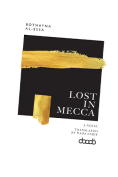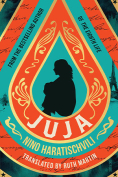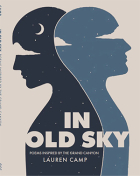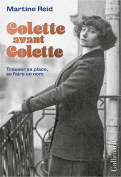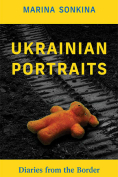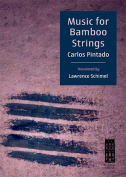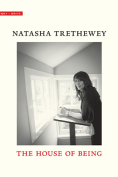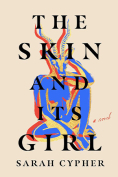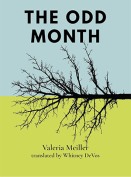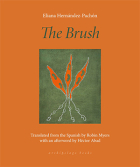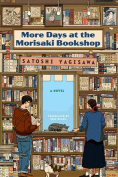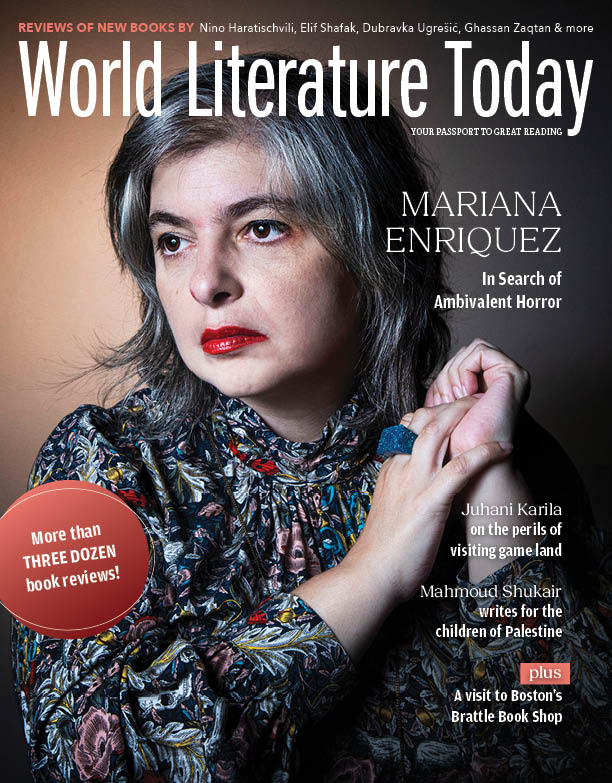Imago Mundi and Other Poems by Wojciech Wencel
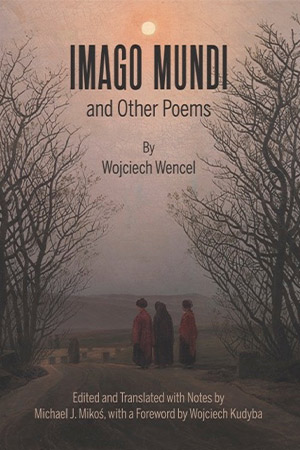 Bloomington, Indiana. Slavica. 2023. 118 pages.
Bloomington, Indiana. Slavica. 2023. 118 pages.
Since his nomination for Poland’s Nike Award in 1997, poet Wojciech Wencel has seen acclaim, disappointment, and resurgence in his native country. Editor and translator Michael Mikoś presents the full scope of Wencel’s poetic journey in Imago Mundi and Other Poems, the first extensive English translation of his work, containing selections from nine of his previous collections. Poet Wojciech Kudyba provides a foreword.
Through his poetry, Wencel has struggled to reconcile an increasingly secularized Polish social milieu with its deeply religious past. “I keep writing the same poem about you, Poland,” he opines in “Archaeology,” “but I’m at a loss for words to reinstate you / in contemporary poetry.” Despite his doubt, many poems demonstrate that for all his mystical religious leanings, Wencel is not ashamed of the world’s pleasures. Sacred and secular meet as one in the title sequence, which quotes the Bible but also readily invokes Rilke, Mahler, and the German metal band Rammstein, among a host of others, as he seeks to mediate between the world of today and the world to come. In one scene, he ventures to a dark strip club called Eden and finds “some kind of a new Eve” dancing. This, too, is a picture of the Kingdom for Wencel, for the Good Shepherd “seeks you on your way from brothel to store / so to touch heaven you must go down to hell / and to be found you must be completely lost.”
Wencel fills these poems with references to locales and historical figures that loom both large and small in Poland’s past. Thankfully, Mikoś and Wencel himself provide the collection with extensive footnotes explaining events, name-drops, and allusions with the attentiveness of a critical edition. If a reader is not an expert on Polish culture when they begin this book, they might be afterward. But even the poet finds himself easily lost in the wonders of his Mundi; “I would at once explain all this to you,” he writes in the title sequence, “if I weren’t right now a landscape’s detail too.” With heroes and martyrs’ presences around every street corner, Wencel’s Poland is a world in which ghosts and the living, past and present, constantly intermingle.
Seth Copeland
University of Wisconsin–Whitewater
